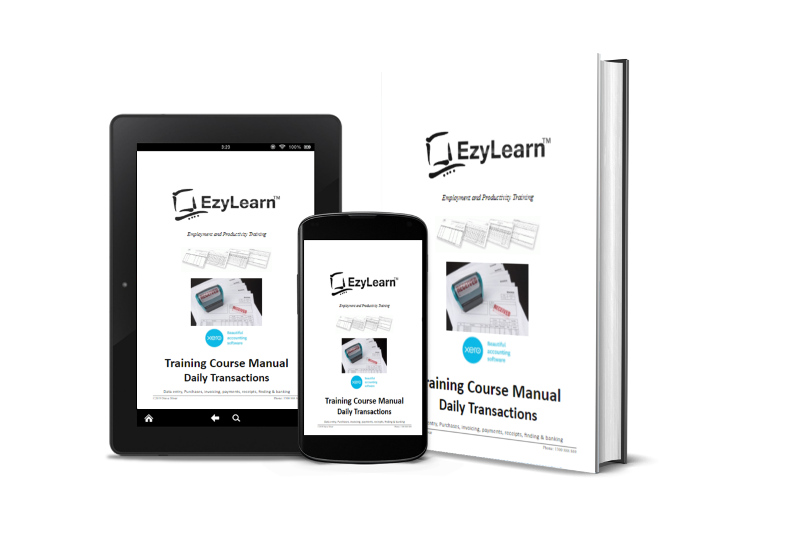Office administrator job description
An office administrator (sometimes called an office manager) ensures that all the administrative activities within an organisation are running efficiently, sometimes by overseeing and supervising other employees within the business.
The office administrator may oversee and be responsible for the management of human resources, budgets and business or financial records. These responsibilities will differ depending on the employer and education level of the office administrator.
Job Descriptions that overlap with the office administrator role
- Receptionists, who are responsible for greeting clients and suppliers, providing customer service, managing and maintaining the office filing system, sorting mail, and other general administrative duties, such as maintaining office supplies and equipment
- Personal assistants, who provide secretarial and administrative support to a senior stakeholder in the business — the chief executive, managing director or other C-level employees.
The typical tasks of an office administrator include:
- Accounting tasks, such as invoicing, budgeting and general bookkeeping
- Scheduling and arrangement meetings and travel and accommodation for senior executives
- Prepare and setup for meetings, including the provision of refreshments and catering
- Maintaining office equipment such as copy machines, printers and computers
- Ordering office supplies and equipment
- Onboarding and training new employees in correct WHS procedures
- Overseeing the building maintenance, such as engaging tradespeople and cleaning services
- Collect and verify employee timesheets for the payroll officer
- Filing and other administrative tasks, such as sorting mail, receiving and arranging deliveries.
Typically, an office administrator will have previous experience in a financial role that includes bookkeeping and accounting skills and may have previous experience in an entry-level position, such as an administrative assistant, receptionist or personal assistant.
Customer service, marketing & sales
As sales and marketing tasks within many small businesses are becoming digitised some social media and digital marketing tasks are included in an office administrators job description. If the company is a reasonable size but does not have a dedicated marketing person the office administrator may oversea the social media work performed by an external contractor with specialist skills in digital and social media marketing.
This component of an office administrators work requires good people skills and communications and listening skills. If the business works on projects then the tasks will involve several different staff members and different project timelines.
Sales & Marketing tasks:
- Greeting clients, answering phones and replying to client emails
- Providing quotes to prospects and followup to increase sales
- Collaborate with other staff and address departments’ specific needs for tasks and projects
- Develop a plan for execution, delegate tasks and update colleagues on the project’s progress.
Training Courses for Office Administration Jobs
The core and most important skills for Office Administrators is Microsoft Office. These skills includes proficient knowledge and experience in using:
- Microsoft Word,
- Microsoft Excel.
- Microsoft PowerPoint, and
- Microsoft Office
Accounting & Bookkeeping skills play a very important component of the tasks performed by an office administrator because their job description touches on several aspects of the business operations. Here are the courses for the different tasks performed:
- Quoting, sales, Accounts Receivable, payment receipts and credit management
- Purchases, Accounts Payable and cost accounting
- Coding, balancing and end of month bank reconciliations
- Inventory management
- Timesheets, Payruns and Payroll Administration
- Quarterly or monthly BAS and financial reporting
On-the-job Learning & Vocational Training Options
Office Administrators perform such a wide variety of tasks that are often specific to each organisation so the ability to use your own initiative, problem solve and an aptitude to learning are very important as you learn and understand the procedures within each business while you are on-the-job.
Here are some vocational courses that will help you develop business skills:
- Certificate III in Business Administration (BSB30415)
- Certificate IV in Business Administration (BSB40515).
- Diploma of Business Administration (BSB50415).
Back to Office Admin and Business Admin Jobs

 We work remotely from home and we’d like to help you.
We work remotely from home and we’d like to help you.